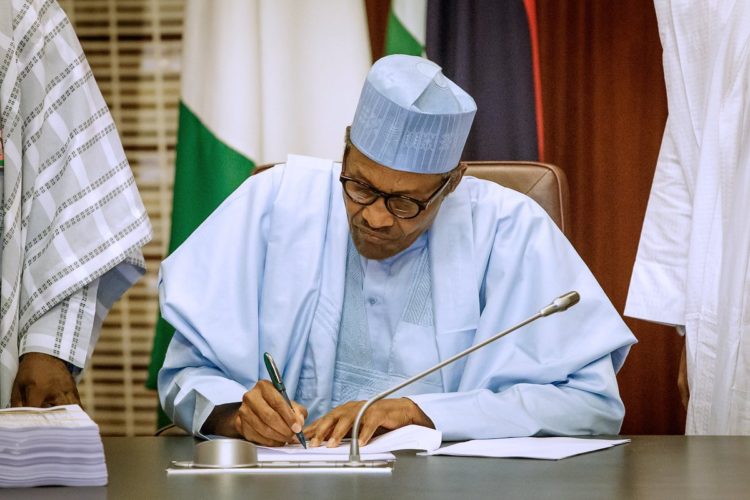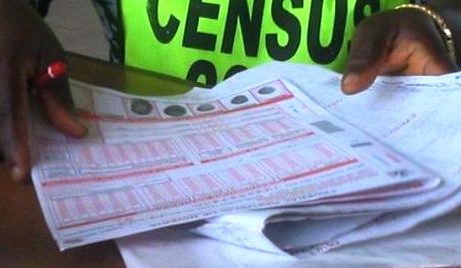President Muhammadu Buhari has unveiled the 2023 National Population and Housing Census
Project Document, aimed at promoting robust and informed national conversation on procedures for the census.
He unveiled the document at the National Stakeholders Summit on the 2023 census, organised by the National Population Commission (NPC), in collaboration with the UN Population Fund (UNFPA) Nigeria in Abuja on Thursday.
The president said the conduct of the 2023 National Population and Housing Census had become imperative in view of the need to produce new set of demographic and socio-economic data for the country.
According to him, data will provide the basis for national planning and sustainable development. He added that the country’s inability to conduct a population census in the last 16 years created an information vacuum as data from the last census conducted in 2006 had been rendered out of date for planning purposes.
Buhari said “population is a critical factor in a nation’s efforts toward achieving sustainable development.
“People are both the agents and beneficiaries of the process. Knowledge of the national population in terms of size, distribution and socio-economic characteristics are required for planning.
“’This, therefore, makes the conduct of census an essential governance activity. With a projected population of 216 million, Nigeria is the sixth most populous country on the African continent.”
He further said that due to the rapidly growing nature of the population and large proportion of youthful population, Nigeria is projected to be the third most populous country in the world by 2050 after India and China.
He, however, noted that in spite of the country’s high-ranking position on the global demographic map, population census had been irregular and longer than the UN recommended 10 years.
“This irregular and long interval of census taking in Nigeria has denied the nation the huge benefits of comprehensive baseline data for evidence-based decision-making,” he said.
According to the president, the nation requires new data to drive the implementation of the recently launched revised National Policy on Population for Sustainable Development and other government policies.
“The 2023 census data is also needed to tackle the security challenges bedevilling the country, as it will give an overview of the population, where we are and who we are.
“Our administration is convinced that the National Population Commission has the commitment and capacity to deliver to the nation a reliable, credible, acceptable and successful census.
“We are also satisfied with the deployment of technology by the commission to ensure the conduct of the first digital census methodology to enhance data quality,” he added.
He said that the outcome of the preparatory activities for the main census had been reassuring that the commission was progressing in the right direction.
“The just concluded trial census, in which my household was enumerated in my hometown, Daura, Katsina State, has renewed our hope and confidence in the capacity of the commission to deliver the 2023 census,” Buhari said.
Earlier, the NPC chairman, Alhaji Nasir Isa-Kwarra, had commended the president for his continued support and assistance to the commission.
According to him, the commission remains committed to the conduct of credible and acceptable census in 2023.
He explained that the national stakeholders summit was meant to create public awareness on the conduct of the 2023 census, including the methodology and timeliness.
He said the summit was also meant to promote robust and informed national conversation on the processes and procedures for the census and to solicit the cooperation and support of key stakeholders.
It was also aimed at convincing citizens to submit themselves for enumeration purpose during the 2023 census.
The summit, according to him, will also provide a platform to offer clarification and receive feedback and suggestions on salient issues and considerations related to the conduct of the census.




